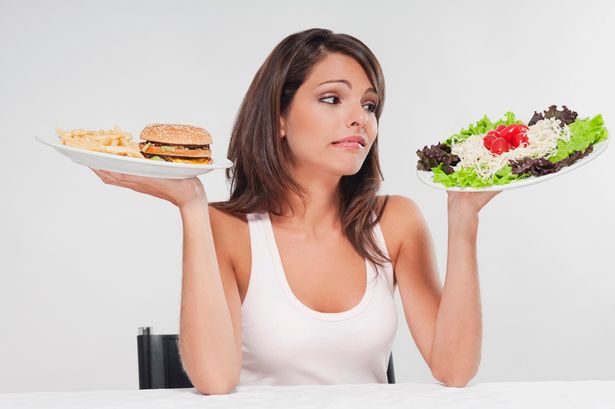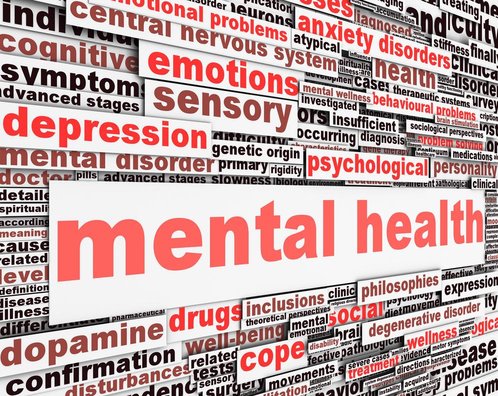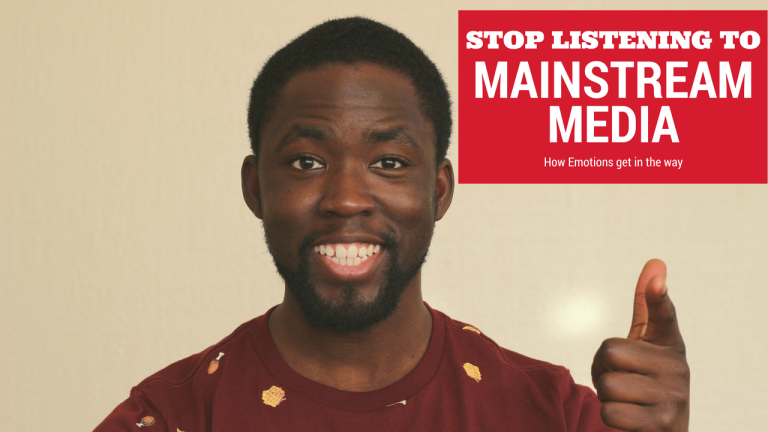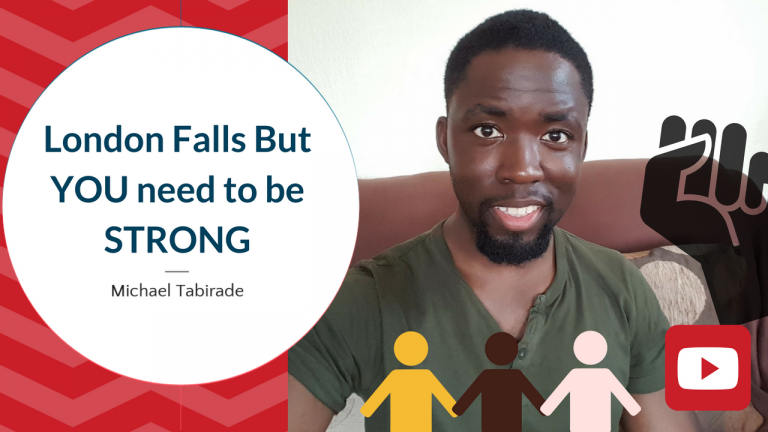What dieting means to you
The word diet is one of those strange english words we use to describe an activity in which we fashion our habitual food intake, in accordance to a particular lifestyle we wish to pursue. If we look at the etymology of diet, it can mean “regular food“, “a way of life“, or “a regimen” of some sorts. All these definitions steer around food and some sort of approach to how we wish to conduct our lives. When we assess what diet superficially means to one in today’s society, we may be inclined to say that a diet refers to the limitation or introduction of some sort of food types and groups, in order to obtain a physiological outward appearance i.e. gain weight or lose weight for example. When is it right to diet? What impact does dieting have on someone? Is dieting necessary?
There are mixed views as to the very nature of what a human being should be, in terms of fitting a norm or mean ratio of values and traits to the context of an individual. Is it right to diet because you feel fat, or because you are fat, and if so are we defining fat on a scientific premise? Dieting because you feel fat, can definitely fit into the category of being fat too, but some people feel fat even though clinically they are not classed as “unfit and overweight” (if we are using this definition objectively to describe being fat). The fact people may diet due to “feeling fat” implies that there is a psychological impact on self-image people have in society, and food and drink seem to be heavily linked to changing this affect. Why is it assumed that dieting is the answer? No one really ever says they need therapy? I know that seems extreme but isn’t dieting effective if you have the right mentorship, knowledge and mindset to execute it? There are a lot of questions associated with this topic, but not ones for me to answer necessarily, more thought provoking ones that will open more questions that you can surely answer.
It has been seen in society that there is a movement towards dieting that sculpts a look, a look of a perfected state, a look that extenuates a persons highest potential. But isn’t this done also in other forms too, like real exercise regimes? Does the saying “I got it from ma mama” hold true? What if you fail to perform well in your dieting plans? Some people have resorted to severe eating disorders, developed type II diabetes, and high blood pressure, or even triggered thoughts of suicide. People have gone to the other extreme of simply starving themselves, developing dysmorphic disorders, and also Anorexia. There are even times where people are bullied or even segregated for deciding to chose a new diet, which again can have severe social impacts on you if you are not mentally strong.
Is dieting necessary? To say simply yes or no is falling into a dangerous trap, but to be truthful and slyly running away from a direct answer it is relative to the situation. What makes it relative is truly the difficult question to answer. Should dieting be solely dependant on health related issues, a lifestyle choice or an act of discipline, an image orientation, mental fixation or solution, or even a physiological adaption? Should it be a combination of them all? Dieting for the sake of health is definitely important, and it shouldn’t only be done in the context of your health reaching a critical point, at times your image and physiological state can be an indicator of poor health, but that needs to be assessed accordingly with respect to a state of mind that is acute and aware of the real situation at hand. That real situation is what needs to be identified. This is tricky because it can also be assumed that poor health can in fact impact on a poor or at least minimally active state of mind, and therefore affect your mental capacity to remain emotionally stable. Equilibrium is the mean we want, a sense of balance, a sense of dynamic security and stability within our selves, a path towards homeostasis. But above all these things, to be really in control of your diet (in the context of “a way of life“) you need to be mentally fit to establish the right execution of your diet. You need to be real, and understand what it is you are embarking on and what the real benefits will be. A nutritionist should be the one to really personalise your food intake in accordance to health maintenance and enhancements, but only you are responsible to the “regimen” and “mindset” you create when executing such things.







